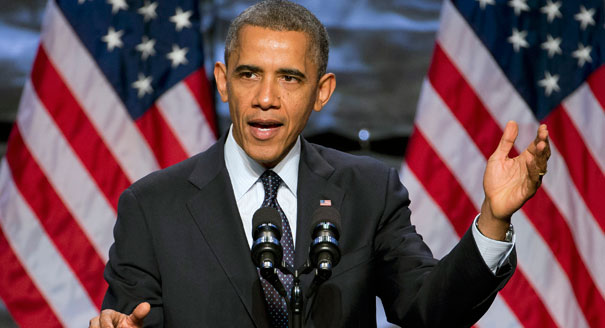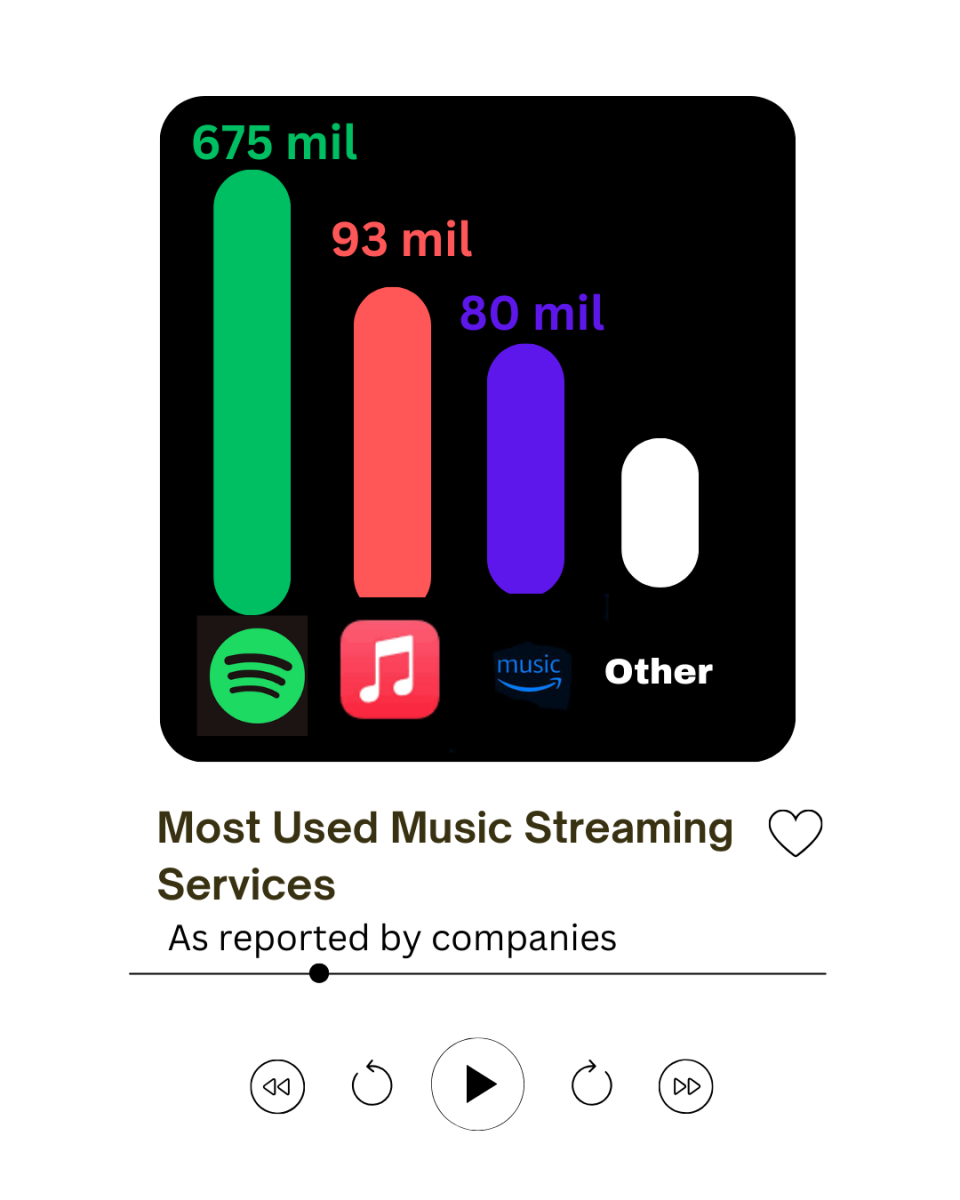President Obama recently granted refuge to more than five million illegal immigrants by executive order. His action grants illegal immigrants living in this country for more than five years, and who have relatives who are American citizens, the ability to stay in this country without being deported, according to the official White House website. The executive order does not guarantee these immigrants American citizenship; however, it gives them the ability to apply for citizenship in the future. The executive action grants illegal immigrants up to three years of residency in the U.S., according to The Washington Post.
There are approximately 11 million illegal immigrants living in the U.S. today, but less than half qualify for the non-deportation action created by Obama, the White House official website states. In order to be eligible, illegal immigrants must present proof of residency in the U.S. for more than five years, and proof of an American citizen relative and that they are not an enforcement priority, meaning they have not committed any crimes or have a probable cause to be deported, as reported by the White House website.
As stated by the Washington Post, immigrants protected by this order will be eligible for Social Security, Medicare, and other government services, if they pay into the programs. The protected immigrants would be taking directly from Americans who have paid into the system their whole life. These immigrants would be receiving similar benefits to hard-working Americans, but would be paying significantly less into these programs because they will not owe money to Social Security for the years they were living in the U.S. illegally. Not only have these immigrants taken millions of jobs from Americans (approximately eight million jobs, according to the Federation of American Immigration Reform), they are also receiving the same benefits if they work for at least 10 years, according to the Huffington Post.
Illegal immigrants once served as an economic incentive for businesses, giving businesses the ability to hire laborers for less than minimum wage. Businesses will now have to pay these workers minimum wage or higher due to law requirements, eliminating incentives to hire immigrant workers. With an added five million documented workers legally in the workforce, a direct negative effect could be seen in the country’s unemployment rate.
This controversial executive action by President Obama has led to questions about his constitutional, or lack thereof, abuse of power. Obama is abusing his position as president by using his unchecked power of executive order. The executive order ability gives the president the power to pardon or pass any legislation he or she believes necessary to run the country for a short period of time. Congress and the judicial branch have virtually no ability to limit this presidential power, giving Obama the power to do anything he pleases. Congress’s only option would be to impeach the president for abusing his constitutional power.
However, if Congress decided to impeach the first African-American president, there would be a racial uproar across the country. Civil right activists throughout the nation would be in protest, citing racial injustices as the key reason for impeaching Obama.
Fox News pundit Juan Williams suggested that “lots of people see it, especially in the minority community, as an attack on the first black president, and think it’s unfair,” when asked about how people would react to if the president were impeached. He believes there is a “racial undertone” to the possible attempted impeachment of President Obama because of the primarily older, caucasian, male representatives in Congress.
Impeachment would be led mostly by Republicans, which would devastate their popularity throughout the country, especially among minority groups. Democrats’ popularity would soar, more because of the lack of popularity Republicans would receive than the actual approval of Democrats. This would give them a leg up in upcoming 2016 elections, both congressional and presidential.
With the impeachment option out of the question, the legislative and judicial branches have limited options to control President Obama’s power.
Obama bypassed all of Congress’s efforts to compromise on an immigration bill and ordered into law what he wanted done, with no restriction. According to U.S. News, Speaker of the House John Boehner, Republican, “reproached [President Obama] for acting like a ‘king’ or ‘emperor’.” This constitutional crisis created by President Obama has many Congressional leaders scrambling for a check on this power.
Congress’s response to this action may be to defund the the “unworthy action,” increasing the likelihood of another government shutdown, according to U.S. News. Other possible responses by Congress could also include not voting on President Obama’s five ambassador appointments who are up for consideration.
The lack of Congressional progress would anger the American people, making the public think that their elected officials were not putting in sufficient effort to make necessary changes to the government. This puts Congress in a tight spot, deciding between reducing executive power and pleasing those they represent.
However Congress handles this situation, there is now a clear flaw in our political system. If one government official can sign his name and make any action a law without approval from any other branch, what limits the president from creating any law he wants?









